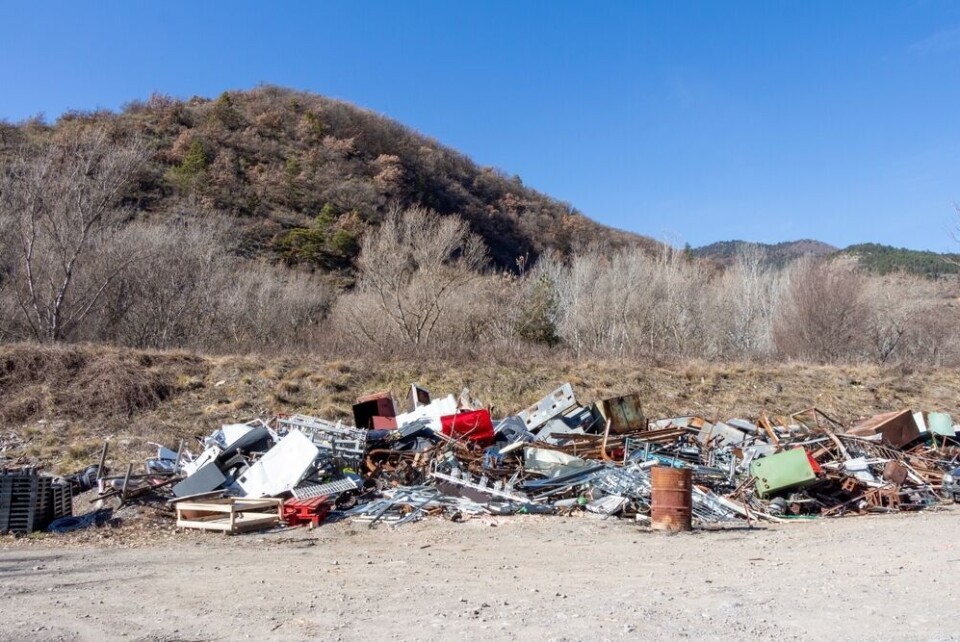-
More than 5,000 French communes use AI to identify poor rubbish sorting
Badly-sorted rubbish can cost millions so communes are turning to high-tech solutions
-
Return to door-to-door home rubbish collection expected for many in France
The decision could set a precedent for up to two million people in different areas of France
-
New logo launches on (some) goods in France to show their durability
An updated anti-waste law will score goods on their reparability and reliability, but critics say it does not go far enough
French towns install cameras to detect illegal rubbish dumping
AI cameras are being used to catch fly-tippers and as an alternative to cleaning up other people’s mess

Several communes have taken up the fight against illegal rubbish dumping by adopting AI cameras that can identify culprits by their licence plates.
The problem of illegal dumping can have a disproportionate effect on smaller communes, which may not have the means or manpower to clean up after fly-tippers.
The Association des Mayors de France estimates that 63,000 tonnes of waste are illegally dumped each year.
In 2019, the Mayor of Signes, a small village in the Var, was run over after catching a man dumping rubble on the side of an isolated lane in his commune. The mayor was killed and the driver charged with manslaughter.
Read more: French mayor’s death exposes a rise in public threats
People caught fly-tipping in France face the double sanction of a €135 fine and the cost of cleaning up. However, many professionals choose to take the risk of a potential fine over the certainty of paying to go to the dump.
Each commune in France has at least one dump assigned to it, and while this may not actually be in the commune, it will be free for most residents for most of their uses (not for asbestos, for example).
On the other hand, professionals and companies, such as building contractors, typically have to pay a fee according to the type and weight of the material they want to dump. The costs of daily trips to the dump can quickly mount up.
"When they are on a building job, they try to save on the cost of waste disposal by just dumping things in the wild,” said Jérôme François, mayor of the small town of Mériel, Val-d'Oise to RMC. “The new cameras work well.”
Do the new cameras work?
The AI cameras can detect if rubbish is in bins or not. They also read the number plates of the people who dump the rubbish and send the numbers and images to the police, who then track down the culprits.
“It means catching people in the act and informing police directly,” said Mr François “Although, it is expensive because it means we also have to supply the electricity”
Saint-Tropez in Var is perhaps not struggling with electricity costs and has paid €20,000 to install three of the AI cameras for six months in areas known for fly-tipping. An officer from the local police municipale, then spends three hours a day analysing the images.
The town had been up in arms against fly-tipping since May, with four agents from the local police assigned patrolling dumping spots each day.
By July, these police agents had fined four people for fly-tipping, all of whom were professionals.
“We are fed up, things have not worked so far with the means at our disposal,” said Saint-Tropez Mayor Sylvie Siri to the French media Capital in July. “So now we have to force matters. I will be uncompromising.”
It would seem that the cameras are having the desired effect: a further 50 tippers have been caught since they were installed in July.
Related articles:
French mayor collects fly-tipped waste and dumps it at culprits’ house
‘Waste mafia’ boss jailed over mass illegal rubbish dumping in nature
Gendarmerie trace woman who dumped pile of items in field in France
























